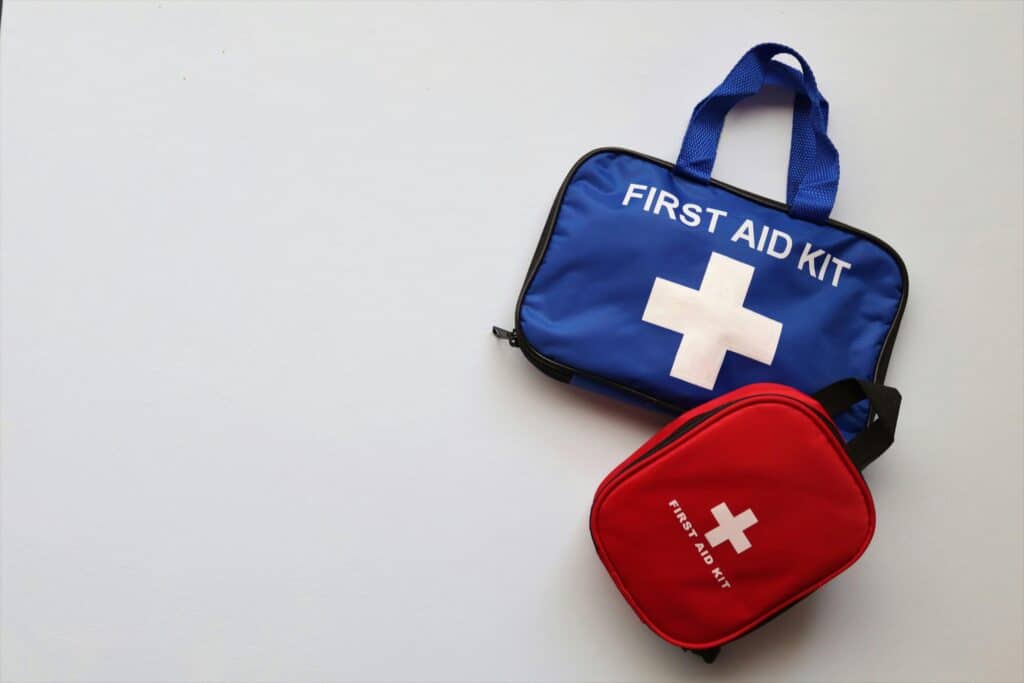Safety Is More Than Locks and Lights
Condo boards often think safety begins and ends with locks on doors or cameras in the lobby. But true safety is bigger. It means knowing how prepared a building is for fires, floods, medical emergencies, and even power outages.
In Ontario, more than 1.3 million people live in condos. That’s a lot of lives under shared roofs. A weak safety plan risks everyone. Strong preparation protects everyone.
Safety audits and emergency planning are not extras. They are essentials.
What a Safety Audit Really Means
Checking Weak Spots
A safety audit is a full review of a building’s risks. It checks stairwells, alarms, sprinklers, lighting, exits, and more. It asks: if something goes wrong, how fast can people get out? How easy is it for help to get in?
One property manager in Mississauga ran a safety audit and found that emergency lights failed in two stairwells. Batteries were dead. The audit fixed the problem before it became a crisis.
Testing Assumptions
People often assume everything works. Alarms ring. Sprinklers spray. Doors unlock. But without testing, no one really knows. Audits expose false confidence. They turn assumptions into facts.
Why Emergencies Hit Condos Hard
Fire Risks
Fires in high-rise condos spread fast. Smoke travels through ventilation systems. Elevators stop. In 2022, Toronto Fire Services reported over 400 high-rise fires. Many were preventable with inspections and drills.
Power Failures
A blackout in a condo is more than lights going out. Lifts stop. Doors may fail. Medical devices lose power. Seniors get trapped. Safety planning means knowing how to respond when systems shut down.
Flooding and Water Damage
A burst pipe in one unit can ruin ten others. A flood in the garage can cut power. Water moves faster than people expect. Preparedness plans must cover water as well as fire.
Human Factors Matter Too
Seniors and Special Needs
Not every resident can run down 20 flights of stairs. Some need wheelchairs. Others need oxygen tanks. Safety plans must list who needs help and who will help them. Pairing volunteers with vulnerable residents works well.
Communication Breakdowns
When alarms go off, panic follows. People rush. People argue. Some freeze. Without a clear plan, chaos grows. Simple communication rules—like posting evacuation maps on every floor—reduce fear.
Emergency Preparedness in Action
Evacuation Drills
Practice makes panic less likely. In one condo, a drill revealed that residents didn’t know where the backup exit was. After the drill, the board installed better signage. Next drill, everyone found it.
First Aid Training
Staff and volunteers should know CPR and basic first aid. Waiting for paramedics wastes precious minutes. A Vancouver condo board paid for a CPR course. A few months later, a resident collapsed in the gym. Staff acted fast and saved his life.
Supply Kits
Prepared condos keep supplies ready. Flashlights. Batteries. First aid kits. Bottled water. Blankets. Even a generator. Residents should know where kits are stored.
The Role of Management
Revive Condominium Management Services Inc. often reminds boards that safety is part of property value. A condo with weak safety planning risks lawsuits and insurance hikes. One of their managers once explained how a single ignored fire code issue led to a hefty fine. That board learned the hard way.
Good management means more than fixing leaky taps. It means leading with safety in mind.
Actionable Steps for Condo Boards
- Schedule annual safety audits. Hire certified inspectors. Don’t wait for problems.
- Update emergency plans yearly. Add new residents and new risks.
- Run at least one evacuation drill per year. Post results and lessons learned.
- Train staff in CPR and first aid. Encourage volunteers to join.
- Create a resident buddy system. Pair able-bodied residents with those who need help.
- Keep supply kits in common areas. Restock every six months.
- Communicate clearly. Post maps, contact lists, and emergency numbers on every floor.
- Review insurance coverage. Make sure policies match actual risks.
Each action builds safety layer by layer.
The Payoff of Preparation
Prepared condos respond faster. Residents trust boards more. Insurance claims shrink. Emergencies become manageable instead of catastrophic.
Data backs it up. The National Fire Protection Association found that buildings with regular fire drills have 40% fewer injuries during actual fires.
Preparedness pays in lives and money.
Building a Culture of Safety
Safety is not a one-time checklist. It is a culture. Boards must show residents that audits and drills matter. They must treat safety as ongoing, not occasional.
When residents see that effort, they feel secure. They are more likely to cooperate. They are more likely to stay calm when alarms ring.
Condo living should mean security, not uncertainty. Safety audits and emergency preparedness make that possible. They turn fear into confidence. They turn chaos into control. And they protect the people who call these buildings home.

